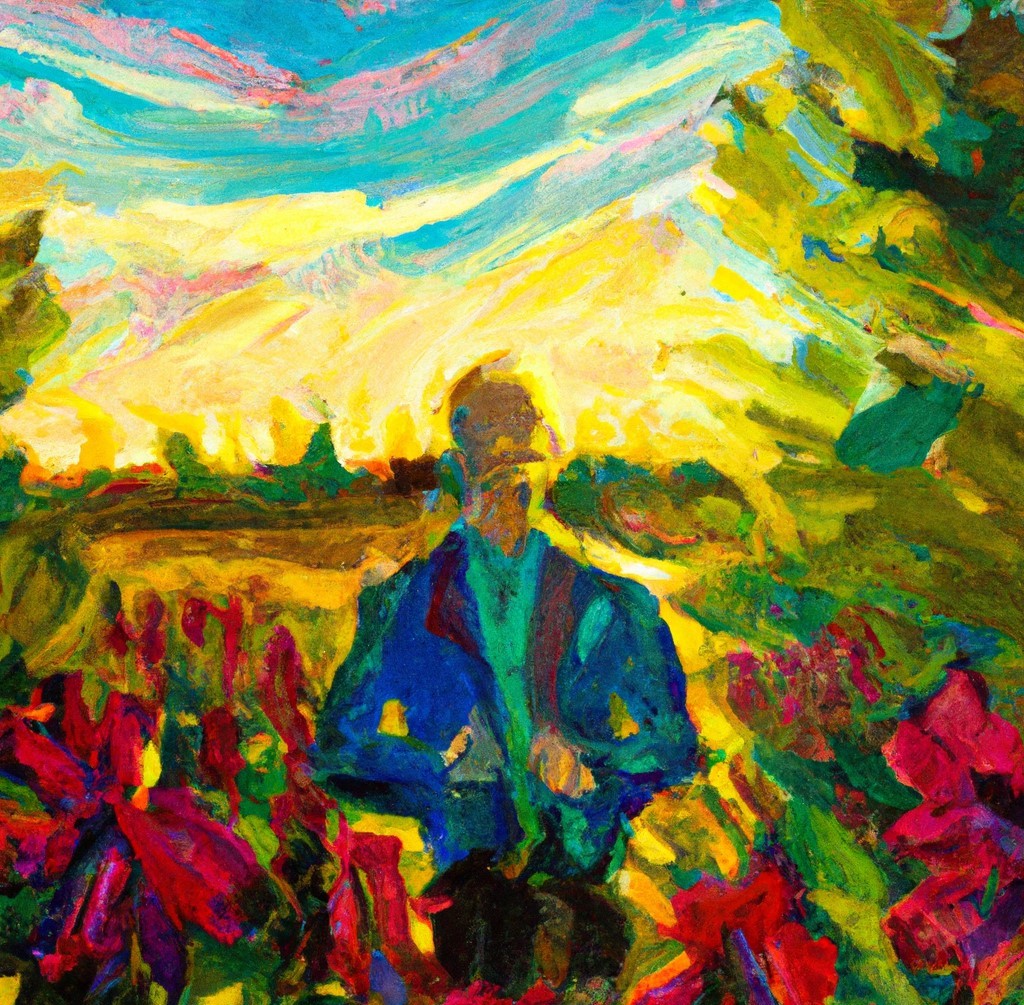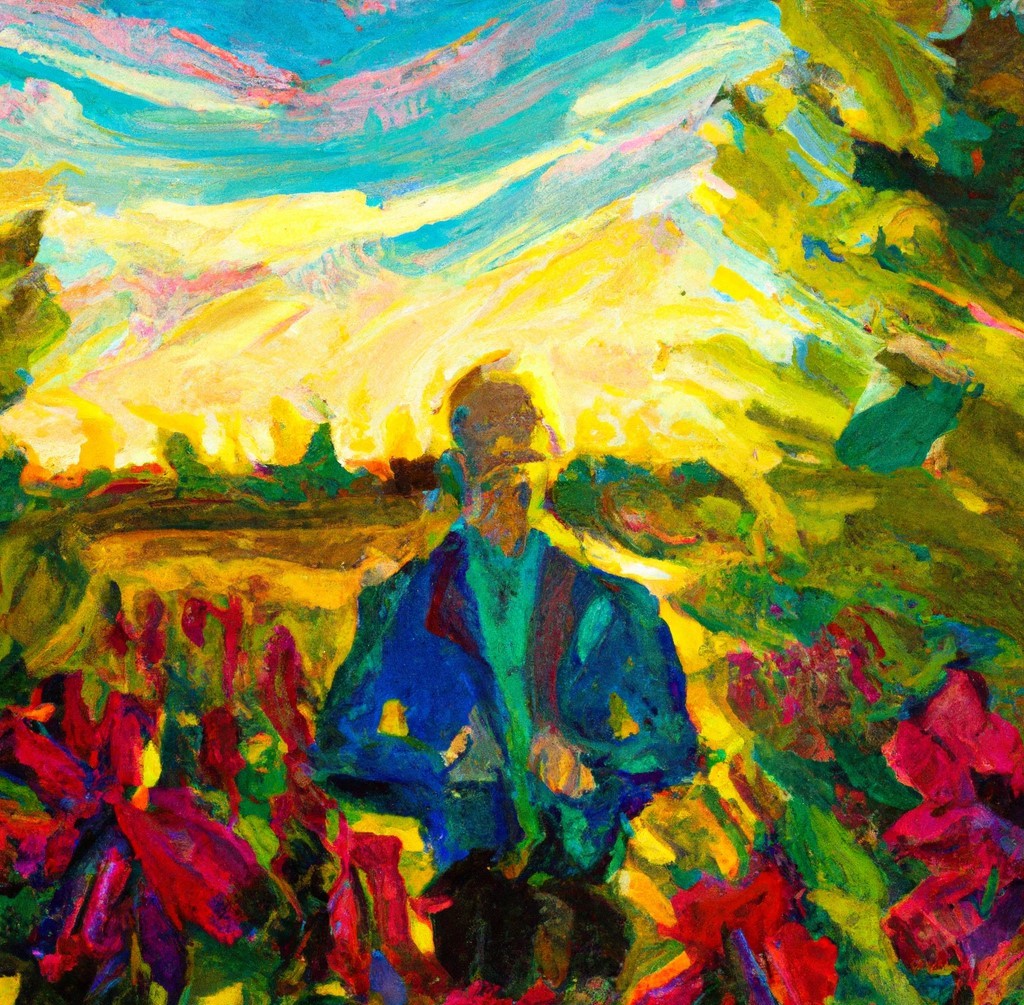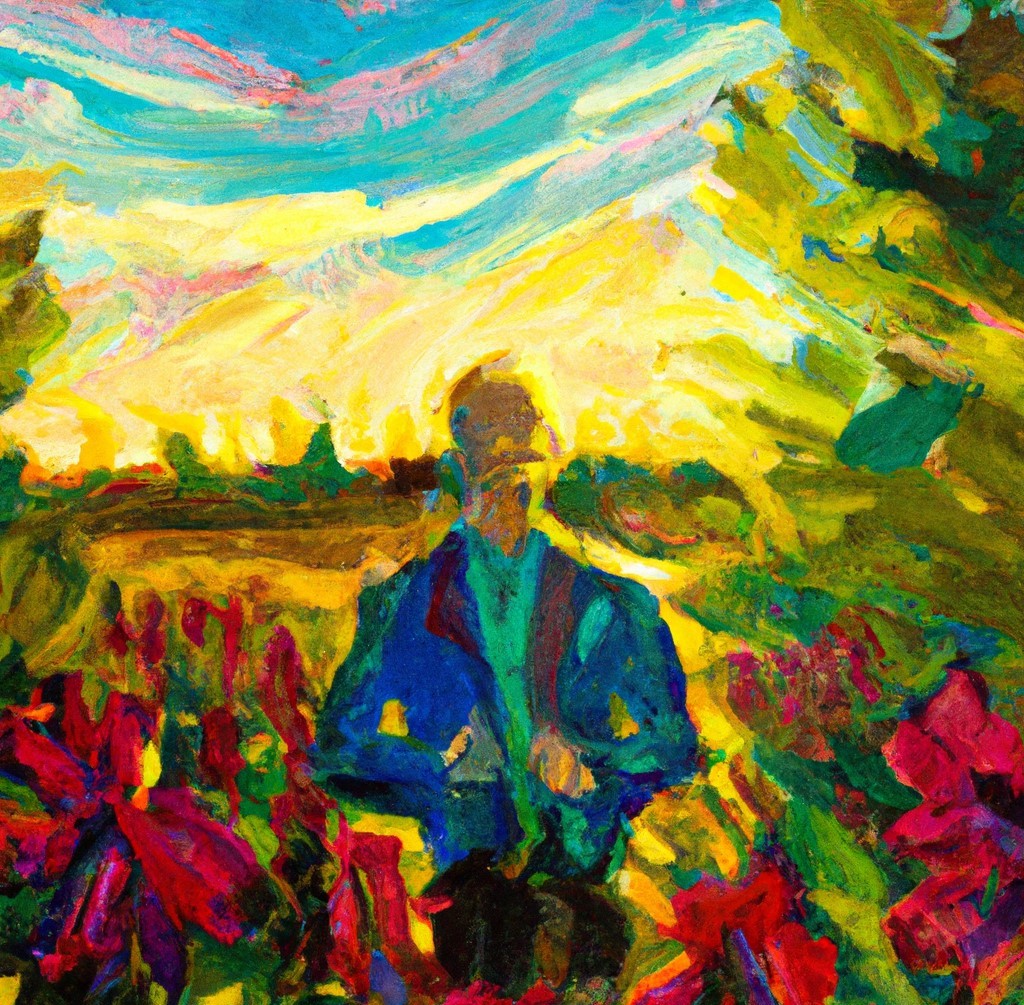My favourite fantasy

"The Name of the Wind" and its sequel by Patrick Rothfuss are the best fantasy novels out there. And if they're ever translated to Esperanto, I'll take holiday away from work and ignore all chores, bindings, and obligations (except Emmy the cat) until I've read la Nomo de la Vento and la Saĝula Timo1 carefully through. It would no doubt infest this blog, since Rothfuss' use of language is so interesting and beautiful that any successful translation would doubtless encode many a useful lesson.
Rothfuss actually discusses some of the difficulty with translating his work in his own blog post2, including an example question from one of his translators, which involves two separate interpretations of Denna rolling her eyes at someone:
Firstly, rolling her eyes at Kvothe (narrator), but about someone else behind their back:
"Outside his field of vision, Denna rolled her eyes at me.”
And second, rolling her eyes at Kvothe, again, but this time about something he himself has done:
“You’re too kind,” I said, and gave her a much more earnest bow than the one I had given to Kellin. She rolled her eyes at me this time.”
Rothfuss argues that using different prepositions other than "at" would have made for clumsier English (and not using "at" in the first case would no longer imply Denna necessarily intended Kvothe to see), but the translator resolves in their language to clarify the meaning using different prepositions, or rephrasing.
I wonder if that's necessary in Esperanto? I can't find an incredible amount on the expression, though ruladi la okulojn "to roll one's eyes" appears in the dictionary definition of ruli, but without any help on the preposition usage for directing the action at someone. And there's no usage examples I could see at Tekstaro.
Certainly al "to, at" usually shows the aim/target of an action. But does it cover the first sense too, like the English "at" can? Wherein certainly the action is targeted at Kvothe, but the rolling is actually about/concerning the other guy's behaviour.
Would it be heavy-handed to say: rulis la okulojn pri li al mi? Using pri "about/concerning", so we have literally: "... rolled her eyes about him to me". My feeling is that it fits quite nicely - Esperanto has the tendency to cling to the logical underlying meaning of prepositions rather than worrying about how commonly they're already used in a particular scenario. Would we then render "... rolled her eyes at me this time" as rulis la okulojn pri mi? But then would we lose the implication that Denna wants Kvothe to see both times? Or is that still implied? Resorting to both pri mi al mi definitely starts to feel heavy-handed.
For you seasoned Esperantoers, the "kv" at the start of the name "Kvothe" should be pretty comfy to utter. Since what might otherwise be "q" is often "kv" in our lovely language:
kvieta, kvoto, kvazaro
quiet, quota, quasar
I've also been looking back at passages from NotW and its sequel, mining them for translation fun. Here's a note on wisdom:
Owls are wise. They are careful and patient. Wisdom precludes boldness... That is why owls make poor heroes.
The first thing that caught my attention was "preclude". It's quite a succinct word in English, acting structurally like "prevent", but perhaps closer in meaning to "causes to be impossible": wisdom causes boldness3 to be impossible. And as soon as you find yourself in a "causes to be x" place, your Esperanto -ig senses should be tingling:
ebli
to be possible
ebligi
to make possible, to cause to be possible
malebligi
to preclude, to make impossible, to cause to be impossible (mal- reverses the meaning of the word to which it attaches)
The next challenge was "owls make poor heroes", and if you're not careful, there's two pitfalls here:
- You could structure the phrase so that you make it sound like owls actually construct poor heroes, if you just use the most common verb for translating the English word "make": fari
- You could easily choose a word for "poor" that has the wrong meaning because English overloads it with so many: "not rich", or "worthy of pity", but the one we want is: "inferior standard / quality".
We could go incredibly literal here with something like:
strigoj estas malbonkvalitaj herooj
owls are poor-quality heroes
But I wonder whether the verb maltaŭgi might capture the original text a little better. We've got:
taŭgi
to be suitable, to fit
So with a mal- in front, it makes the complete opposite meaning. It's not just "not suitable" (which would be more like netaŭgi). With mal-, the meaning is closer to the idea that an owl would be such a poor choice that it'd be an active hindrance playing the role of hero.
So here's the complete piece:
Strigoj estas saĝaj. Ili estas zorgemaj kaj paciencaj. Saĝo malebligis aŭdacecon. Tial strigoj maltaŭgas kiel herooj.
Owls are wise. They are careful and patient. Wisdom precludes boldness. That is why owls make poor heroes.

Elsewhere, we have tasty metaphor usage. For example, a fancy way for the fae to say that you've yet to truly get them:
vi ne scias (eĉ) la unuan noton de la muziko kiu movas min
you do not know the first note of the music that moves me
Or:
ne konfuzu min kun mia masko
do not mistake me for my mask

I can't imagine some of the true cruelty that those brave translators must suffer through. For example, there's a moment when the master namer Elodin tells Kvothe:
estas sep vortoj kiuj amigos personon al vi
there are seven words that will make a person love you
And then peppered throughout the tale are a plethora of 7-word phrases spoken between folk, and it's left to the reader to ponder that mystery. Basically, "Sorry translators, every time you see a 7-word phrase, be sure that it fits into a 7-word translation, k thx bye"!

And did you catch that delicious use of -ig? How do we know whether proper usage is personon al vi or vin al persono when transforming ami "to love" into amigi "to cause to love"? In other words, is the person being made to love someone the direct object of the action? Or is that someone the direct object? I'll save that one for another day!
1 Maybe la Saĝula Timo is slight poetic license... The more literal might be la Timo de la Saĝulo "the wise man's (person's/one's) fear". But I think mine makes sense and flows more similarly to the original, taking advantage of the flexibility of Esperanto's adjective-making -a. It more literally means "the wise-man fear", or "the fear of a wise man". For example you could say saĝula ĉapelo "a wise-man hat" for the kind of hat that a wise man might wear. It does mean that the phrase much more explicitly talks about wise folk in general, whereas the more literal translation remains much more ambiguous about whether it's a specific wise man or not, I feel.
2 Worth a read even just for the use of the phrase "anormal word usements"!
3 Boldness reminds me of an old favourite blog post on "to boldly go" 🖖.


Generated using a prompt to DALL·E 3